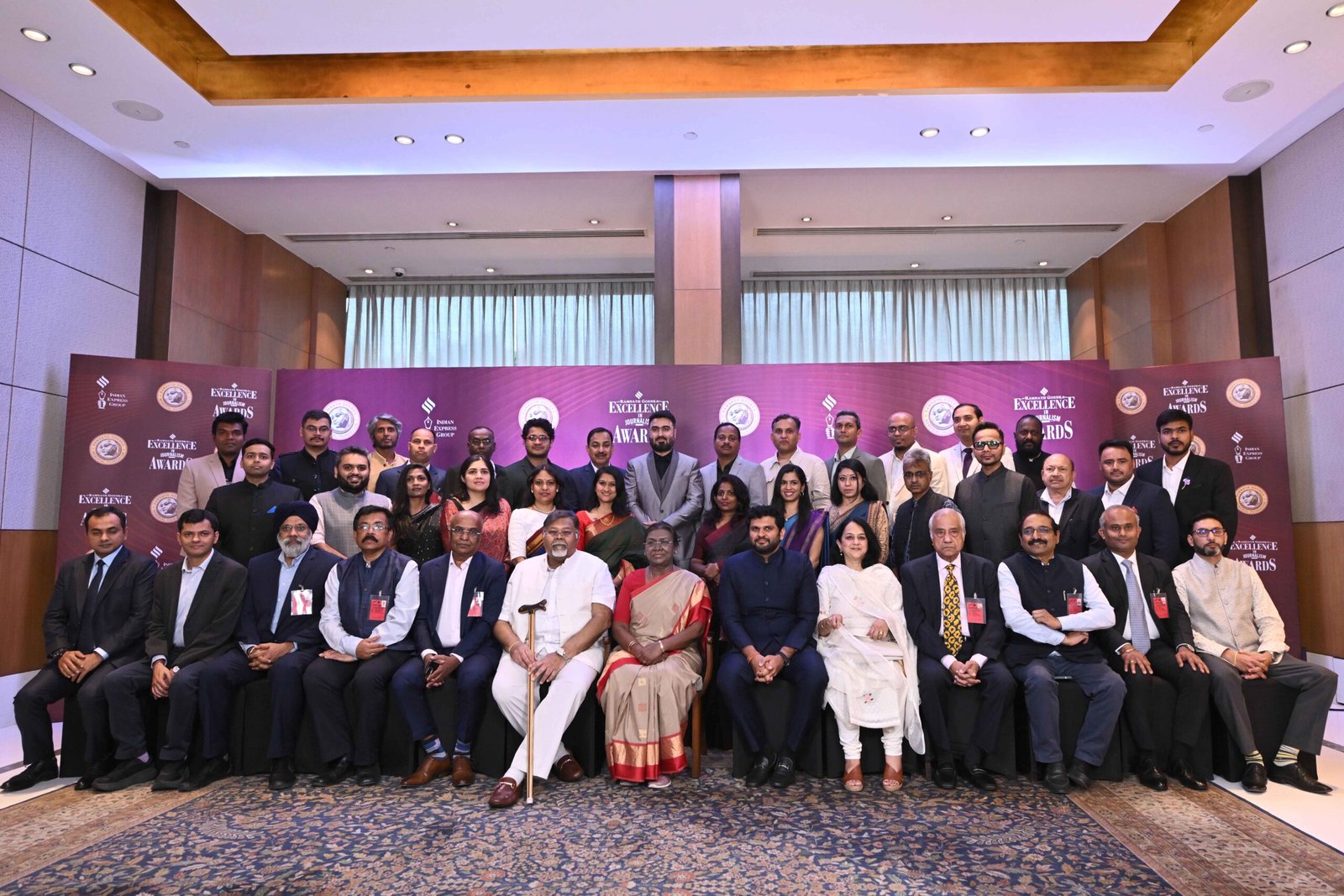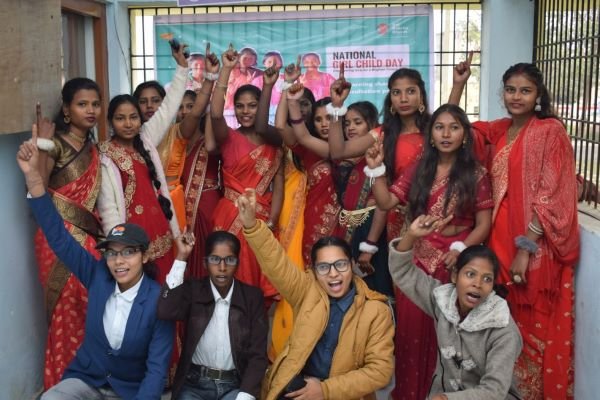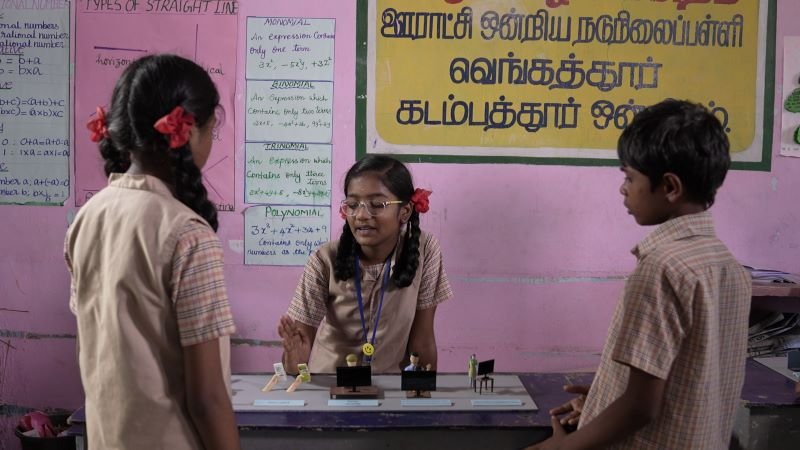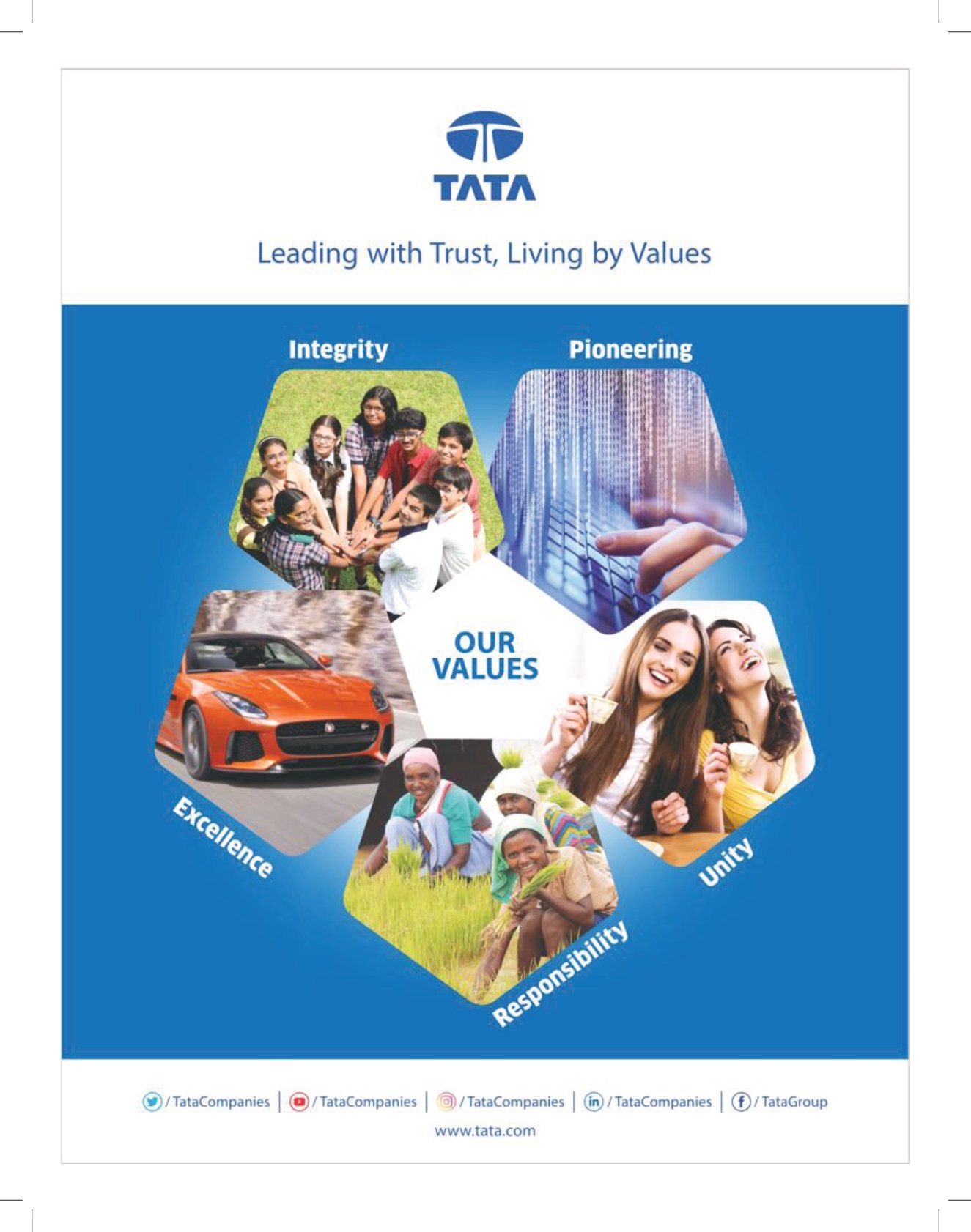
26th March 2025: Good governance is the backbone of a prosperous society. India, as the largest democracy in the world, on the march to becoming a developed country, has ancient democratic and holistic governance traditions, which need to be revived and combined with modern tools for the welfare of all. Rambhau Mhalgi Prabodhini (RMP) has been trying to play its role in aiding this through capacity building, training, social awareness, and research. Towards this end, the Indian Institute of Democratic Leadership, set up by RMP, conducts a postgraduate program and various workshops, and publishes the six-monthly research publication – Indian Journal of Democratic Governance (IJDG). RMP’s efforts in promoting research through this journal were recently appreciated by Shri. Jagdeep Dhankhar, Hon’ble Vice President of India! The latest issue (Volume-V, Issue-I) published today covers crucial themes that play a role in good governance.
CSR to the Sanskrit literature, and cloud technology to the judiciary
The latest edition underscores the journal’s commitment to fostering positive change through intellectual rigour grounded in time-tested methodologies. Thus, various themes that can contribute to the objective of Viksit Bharat 2047 have been covered. Aakriti Thakur, in her article Good Governance in Classical Sanskrit Literature, explores governance principles embedded in ancient Sanskrit texts. Dr. Chanpreet Kaur’s article, Effectiveness of Good Governance Policies on CSR Fund Utilization and Sustainable Development: Reflections from Indian Spiritual Texts, examines the deep cultural roots of CSR in India’s ethos. Durga Prasad and Kalyan Prasad Sharma, in the article Leveraging Cloud-Based ICT as a New Catalyst for Good Governance, analyse the role of technology in India’s governance framework. Adv. Neeraj Dutt and Siddhi Jangid's article Judicial E-Governance: Efficient Courts, Empowered Citizens focuses on integrating digital technologies in judicial administration.
Pradeep V. Kamat and Dr. Neela Kamat, in their article Good E-Governance for Viksit Bharat@2047, analyse the Panchpran (five promises) articulated by the Prime Minister. Mukul Priyadarshi, in his article Innovative Solutions for Societal Improvement, explores the role of innovation in driving progress. Dr. Prakash Chand Kandpal’s article Indian Cultural Tradition and Its Role in Environmental Governance explores India’s ancient texts in the context of environmental stewardship. Dr. Vaniki Joshi Lohani and Aarti Madan, in their article Empowering Women Entrepreneurs: The Role of Education, Marital Status, Family Support, and Good Governance in Business Turnover in Rural Uttarakhand, discuss the interplay of governance, education, and societal support in fostering entrepreneurship. Santosh Gupta, in his article Public Participation in Governance: How the Modi Government Programs and Policies Symbolize Public Participation, examines the role of citizen involvement.

IJDG – Combining indigenous and modern approaches
The peer-reviewed IJDG strives to bring out empirical and conceptual clarity on social issues and challenges from the lens of governance. It seeks to enhance understanding of democratic governance through the integration of applied knowledge, empirical evidence, and innovation to contribute to the planning and implementation of suitable measures for development and policy formulation at different levels. The priority of the journal is to unveil indigenous and modern approaches to governance to create a space for assimilation by the current trends that lead to sustainability in all spheres of life.
All the past issues of the journal can be viewed online at iidl.org.in. The journal invites research articles and papers on themes and topics that address the governance challenges and solutions in different sectors. Subscription is available online on the same link.
— Public Relations Department, Rambhau Mhalgi Prabodhini


































